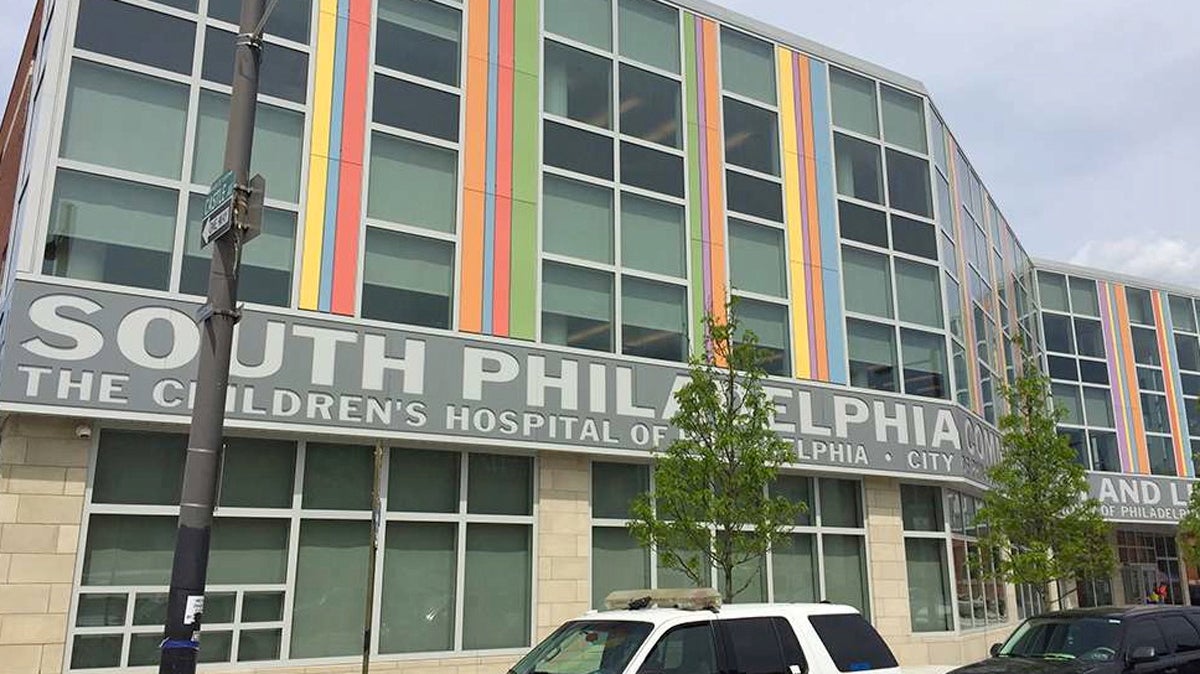Helping Philly librarians lend a hand with health care resources

The Community Health and Literacy Center complex on Broad Street includes a city clinic
Researchers in Philadelphia are training librarians to help connect patrons with health resources.
The Community Health and Literacy Center complex on Broad Street includes a city clinic, a recreation center, pediatricians’ offices — and a branch of the Free Library of Philadelphia.
Patrons come in all the time after a visit with the doctor, said Renee Pokorny, library supervisor at the South Philadelphia branch. They want to read about a new diagnosis or learn about a recommended treatment.
“They say, ‘My doctor tells me I need to increase my vitamin D intake. Can you point me to resources on vitamin D, what it does and its effects?'” Pokorny said.
Others may visit the library when they are struggling emotionally, including a woman who asked to see books about grief.
“As I was kind of leading her to the section, she told me she had just lost her son to suicide. That’s really intense,” Pokorny said.
After learning about some of the social needs in Philadelphia — and the programs that can help — she feels more confident in those situations.
Physician-researcher Anna Morgan from the Robert Wood Johnson Clinical Scholars Program led the health training for the library staff. Her team’s research is published in the journal Health Affairs, and the investigators created a web site to introduce their ideas to the public.
The security guard at the library was trained, too. Recently, library staffers said, that guard was the first person to notice that a young woman needed help with housing.
The library is a haven for vulnerable residents — including homeless people, new immigrants, or limited-English speakers, Morgan said.
“The librarians are helping people with all these things, but they are not necessarily trained to do so,” she said.
Studies show that people who have better literacy live longer and have lower rates of sickness.
That’s the science, said Morgan, but literacy can lead to better health in practical ways too.
“If you are literate and you are comfortable reading and interacting with language, that helps you navigate health systems better, it may help you communicate with your doctor more easily,” she said. “It may help you get health information for yourself and your family more easily.”
She wants librarians to be able to recognize health needs and feel comfortable talking to patrons in a respectful way.
But she knows librarians are not social workers.
“We need to make sure that we don’t overburden the library staff,” Morgan said.
WHYY is your source for fact-based, in-depth journalism and information. As a nonprofit organization, we rely on financial support from readers like you. Please give today.

